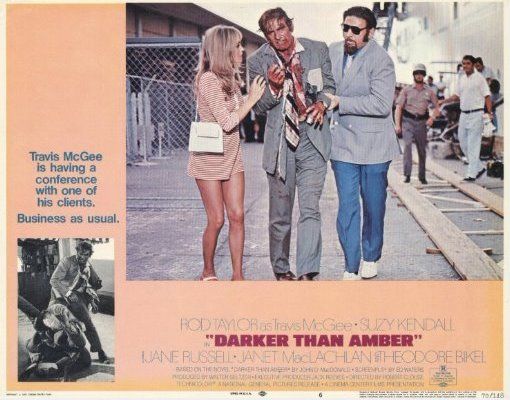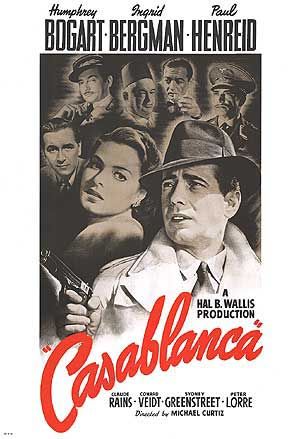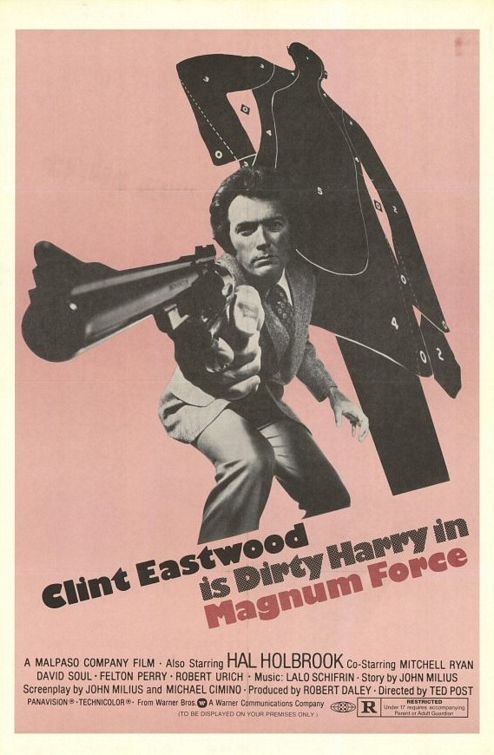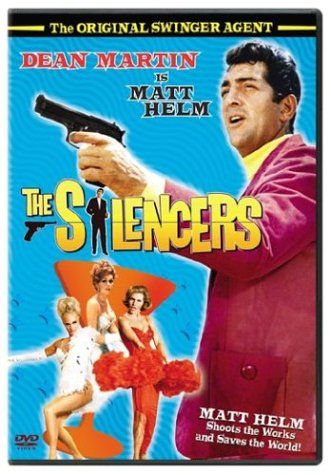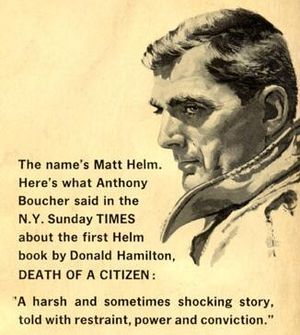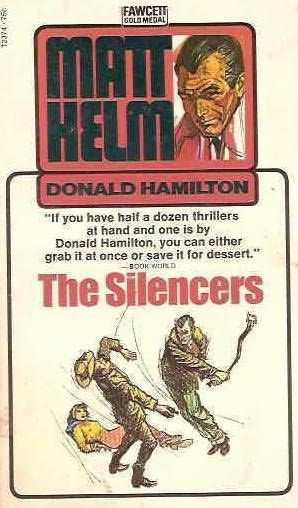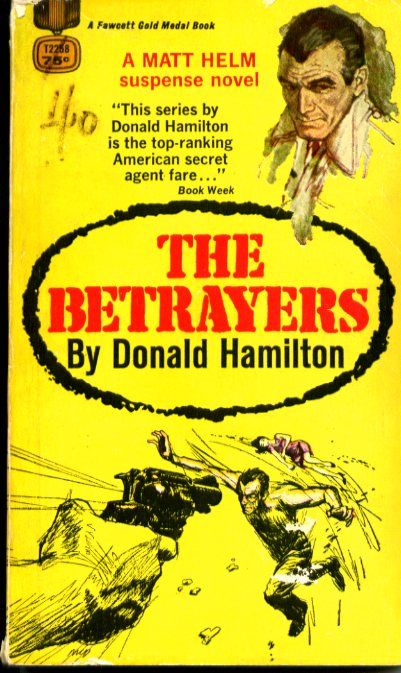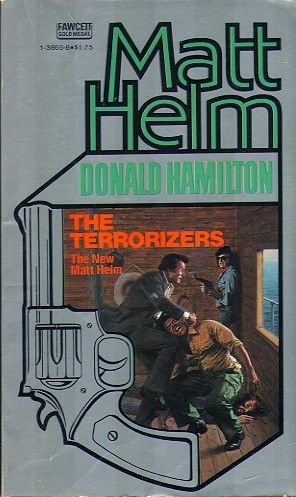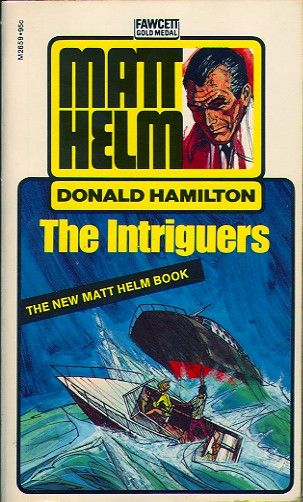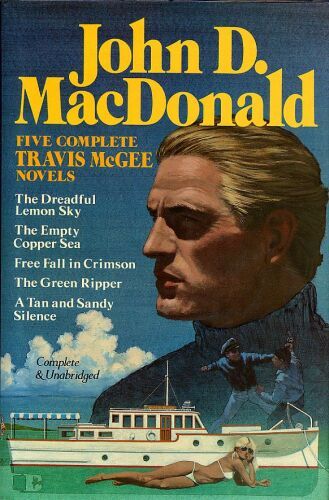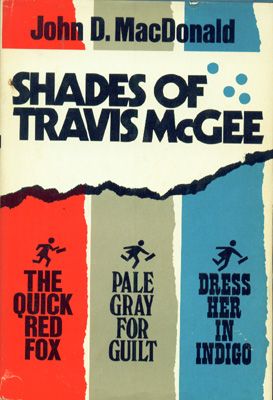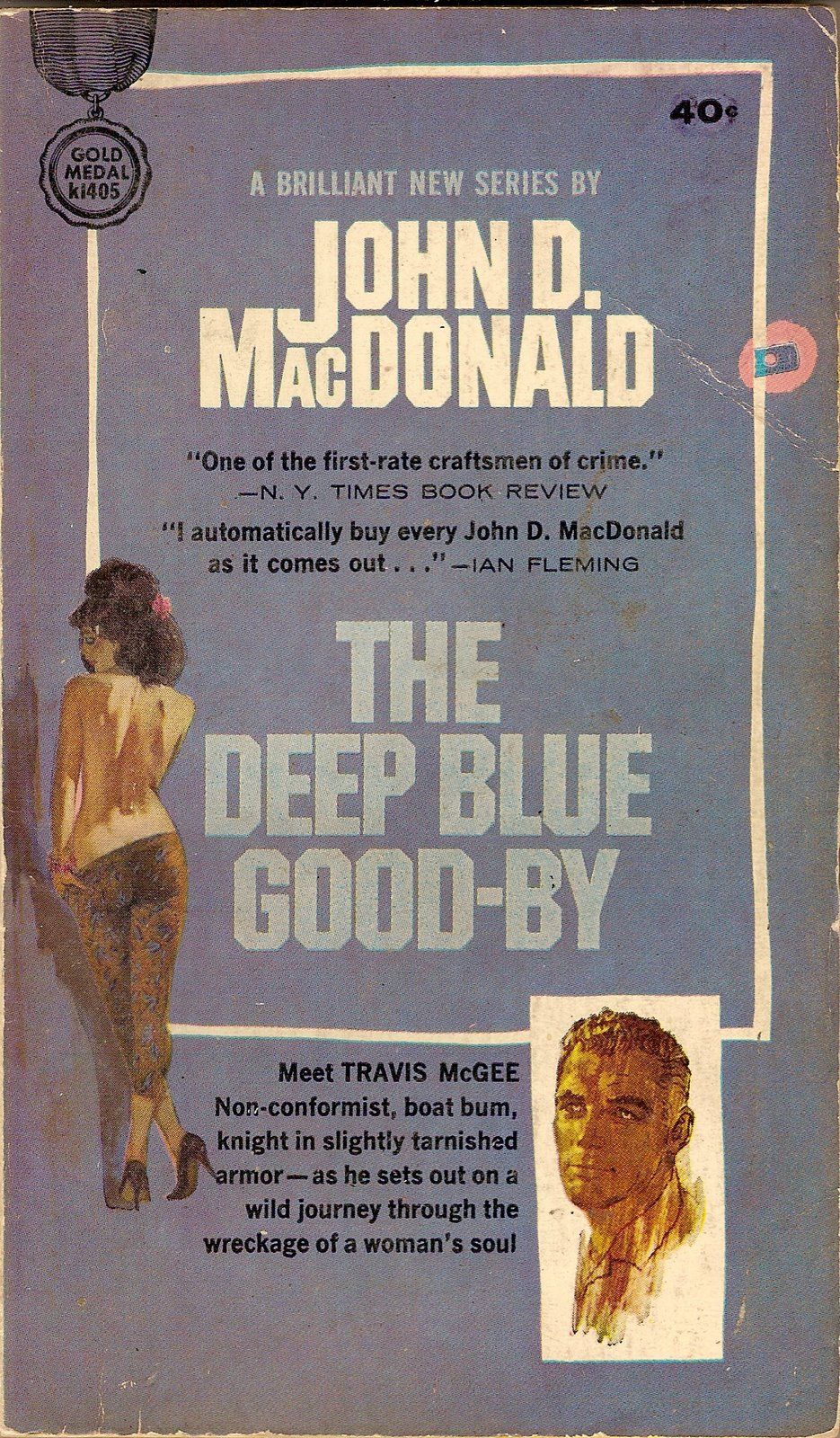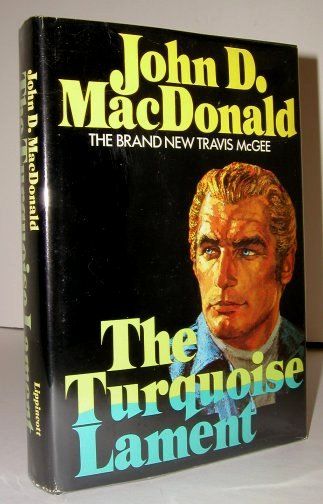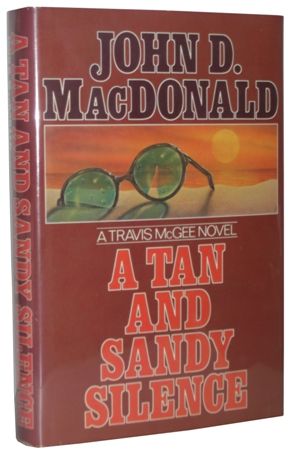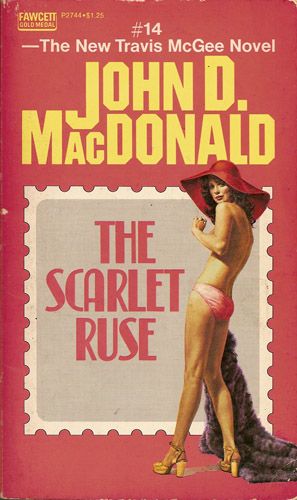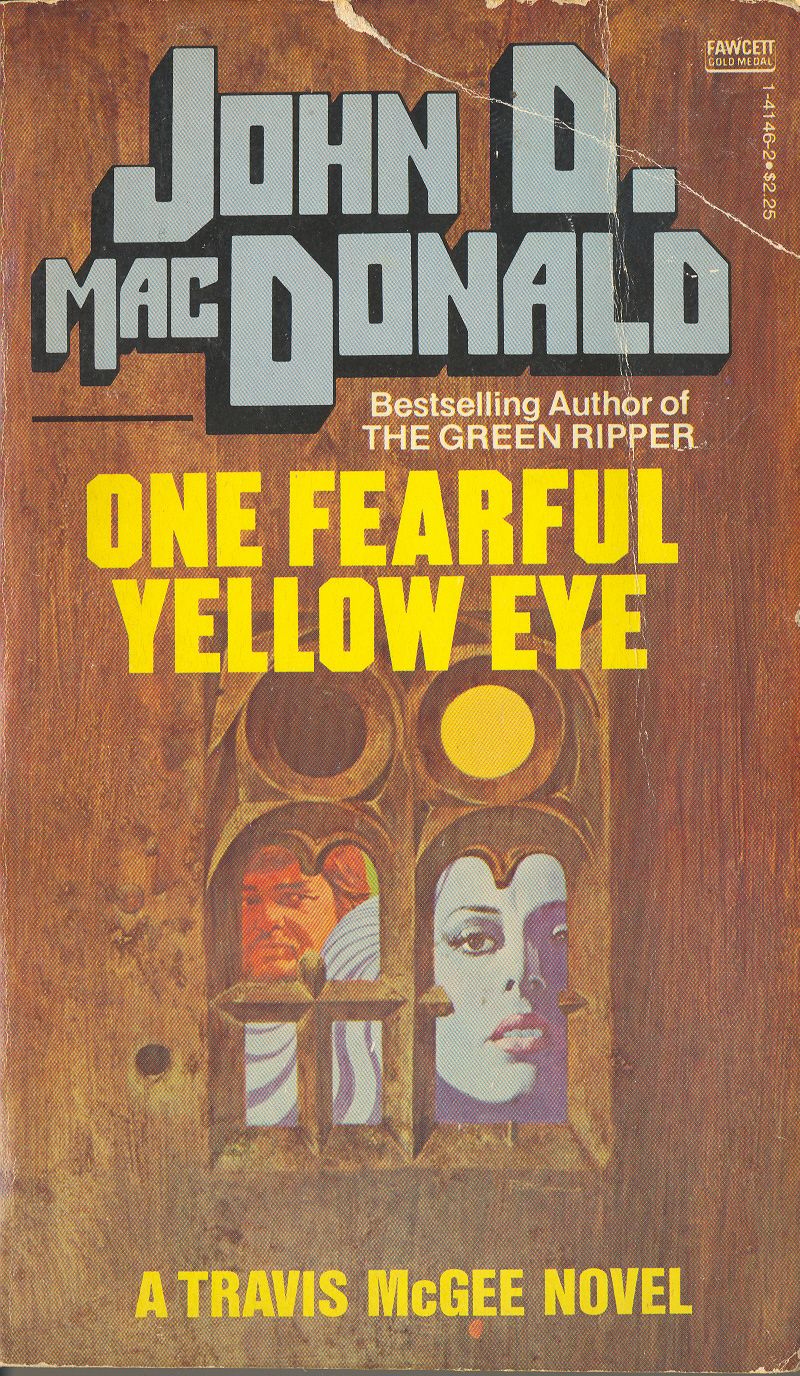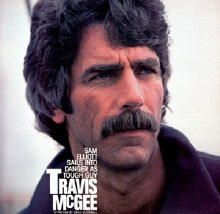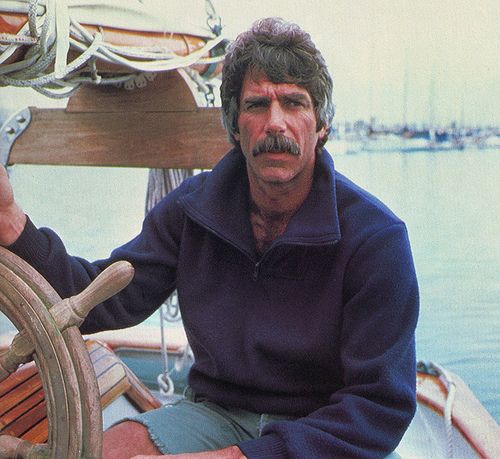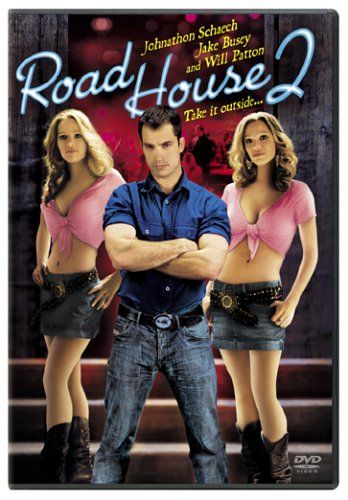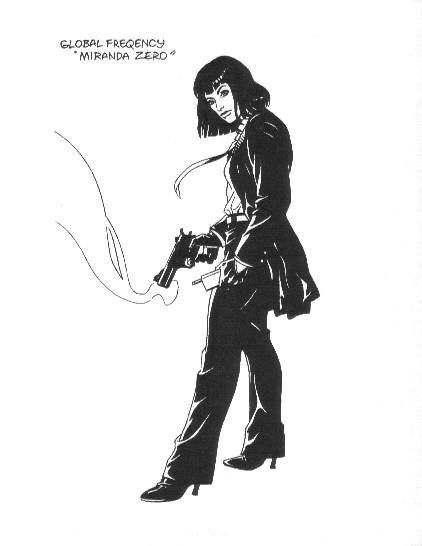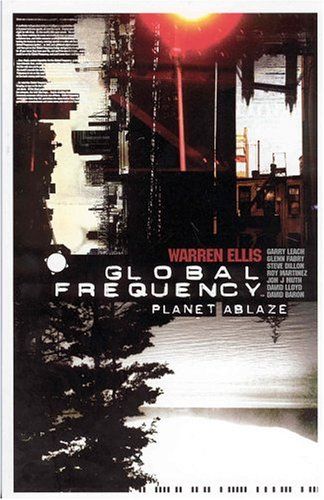This idea of comfort-food fiction really seems to resonate with a lot of people.
I floated the idea at work this week to several of my colleagues and they all had their favorites. As one would expect, for movies it broke right down gender lines -- the ladies all named movies like The Wizard of Oz or Sleeping Beauty or Casablanca, whereas we men like to relax with fare such as Road House or Die Hard or Magnum Force.
For books, it was a little more interesting. There my informal unscientific poll results were a lot less easily defined in terms of genre. I got answers like Stephen King, John Grisham, "the classics," Dorothy Parker (that last was from a guy, too -- a straight guy, before any of you wags out there say anything) Dick Francis, A.A. Milne, "Perry Mason" (NOT Erle Stanley Gardner; in fact, the lady couldn't remember who wrote the books) and stuff like that. The genre selections were not easily pigeon-holed, though I got more mysteries than anything else. But really, familiarity seemed to count for a lot more than genre. "Brand identity," as the marketing people refer to it.
Which, come to think of it, means something to me, too. My short-list of comfort-food movies, books, and comics all tend to be violent, it's true -- for some reason, fictional mayhem is tremendously relaxing to me -- but more often then not, they are also series things. Last week I talked about the list of Westerns... this week I'll give you the list of the modern action series that I always come back to, in print or on film.
For prose there are a few that I always can enjoy. Sherlock Holmes, James Bond... the originals, a pastiche, I'm not picky. In fact my favorite Holmes stories tend not to be Doyle's originals, but rather entertaining fakes like The Seven Per Cent Solution or Laurie King's books.
However, there are two straight action series of novels even more beloved to me than than Holmes or 007, that I've just never gotten tired of over the last thirty years.
The first is Donald Hamilton's Matt Helm.
Now, you say "Matt Helm" and most people think of those swingin' Dean Martin films from the 1960s.
No, no, no. When I say Matt Helm, I mean this guy.
Matt Helm, code name "Eric," government assassin for an unnamed U.S. agency. It has only one mission -- eliminate people who are inimical to U.S. interests. Helm is the agency's best and most ruthless operative. The novels are all narrated in the first person by Helm himself, and he is very matter-of-fact about what he does.
From The Silencers:
<
There was a groan off to one side. I knew where Number One had landed. He'd rammed the bed with his head as he pitched forward . . . but I thought I'd better do something more permanent about him while Number Two was still taking things easy and sizing me up. I jumped up on the double bed. The big one couldn't figure out what I wanted up there. He came forward slowly, alert for a trick. Finally, he lunged for me. I vaulted to one side, dropping over the foot of the bed and landing on his partner, driving the boots in hard. It wasn't a very nice thing to do, but I wasn't feeling very nice.
Another classic Helm moment, from The Betrayers:
He was kneeling there by the jeep, covering his wounds with his big brown hands, looking up at me accusingly while the blood oozed between his fingers. He licked his lips. "You...tricked me, haole!"
It was no time to apologize. I said harshly, "I'm a pro, kanaka. I don't fight for pleasure, just for keeps."
Then the message got through to his brain at last, and his face changed, and he pitched forward in the dirt of the cane field. I waited a little while, as you do, and checked his pulse cautiously, and couldn't find it.
One more, from The Terrorizers:
I knew they were out there. I knew they were coming in. They were on the outside stairs when I grabbed the knives out of the rack: the two big chef's knives I'd spotted the first time I'd walked through. There was one eight-inch Sabatier and one ten-incher, a real sword. Both had wicked, heavy, sharp triangular blades that were wasted on vegetables. They were at the door; they kicked it in. They came through it movie-style, two of them, waving submachine guns, for God's sake!
I recognized the nearest; I'd seen him before. I threw the big knife point first, letting it slip off my fingers; there wasn't room to put a spin on it at that close range. It flew like a spearhead without the shaft and went hilt-deep into the chest. As the man sagged aside, I threw the eight-incher. It got the throat of the guy beyond, a little higher than I'd intended, but why should I admit that? It looked very good, very impressive, very calculated.
That was the idea now, to make it look good. When the odds are overwhelming and retreat is cut off, when there's no place left to go or you just don't care to go there, that's the time you let the word get around once more that none of us comes cheap. They can have us any time, but they've got to pay the price. The tariff is more than a lot of people can afford. It makes things a little safer for those left behind.
It ain't Dean Martin, that's for sure.
Now, as I've said before, a great many macho action paperbacks have a strong undercurrent of conservative, right-wing attitude to them, especially the ones that came to prominence in the 60s and 70s as a sort of pop-culture pushback to the youth movement. But not these. The interesting thing to me about Helm is that he's almost completely apolitical. He doesn't think about the ideology of his opponents any more than the Orkin man worries about the politics of the roaches he's gassing. For Matt Helm, probably the most pragmatic action hero ever created, it's very simple -- his job is pest control.
This, as far as I'm concerned, is what makes the books so much fun. You get a whole new perspective on things when you look at the world through Matt Helm's eyes.
Here's one of my favorite bits of Helm's philosophy, from 1972's The Intriguers.
In this particular scene, Helm is talking to a small-town sheriff he's trying to protect. The sheriff, you see, had fired Kent State-style into a crowd of student protesters and killed several. One of those students had been the daughter of an assassin -- a government assassin, that is, one of Helm's own colleagues. The agent has decided he's going to get revenge on the hick that killed his daughter and it's Helm's job to stop him.
"If the bastard is yours, you ought to keep him in a cage!"
"Shit," I said. "Don't tell us what we ought or oughtn't, or we'll just tell you that you oughtn't to go around shooting people's kids, Sheriff. Sometimes it makes them real mad."
After a pause, he said, "The Janssen girl was an accident."
"Sure," I said. "An accident. You and your boys fired a couple of dozen rounds at a mob less than fifty yards away, if the newspaper reports are correct. Out of that whole barrage you got one solid bull's-eye on a legitimate target -- the Dubuque kid with a brick in his hand -- you got a few scratch hits, and you sent so many wild bullets flying around that you killed two innocent bystanders seventy-five and a hundred yards behind the line of scrimmage. Now really, Sheriff, what the hell kind of marksmanship is that? That's not an accident, that's plain incompetence."
He said sharply, "I suppose it would have been better if we'd got two dozen dead college kids to go with those two dozen bullets!"
I sighed. "Sure it would have been better. If you'd had a dead body to show for every bullet fired, it would have proved, at least, that you and your people knew what you were doing."
Now, I remember the Kent State shootings and that was a terrible, tragic thing. Even so, that scene never fails to crack me up. I can't help it. I love Helm's bored annoyance with the incompetent cop that couldn't shoot straight even at a goddamn kid with a brick, let alone a REAL opponent.
And it's typical of Matt Helm. The simplicity of Helm's world view, his exasperation with stupid amateurs and his appreciation of competent professionals, be they friend or foe, is what makes the novels so relaxing. And it is refreshing to have a guy writing shoot-em-up books who -- unlike, say, Ian Fleming -- actually understands something about guns.
There are 27 Helm books in all, starting with Death of a Citizen in 1960 and ending with The Damagers in 1993. They are all paperback originals and any one of them is a guaranteed good time. I tend to like the middle ones best, from 1965 on up through 1982 or so -- but if action's your thing, I think you'd enjoy any of them.
My other go-to guy for action novels is John D. MacDonald. Specifically, his Travis McGee books.
MacDonald is often referred to as an author of mysteries and Travis McGee is usually categorized as a detective series, but that's not really what the books are.
Travis McGee lives aboard a houseboat called The Busted Flush that he won in a poker game, in a bohemian dockside community in Fort Lauderdale. He drives a Rolls Royce that has been converted into a pickup truck, and to an outside observer he looks like a Florida beach bum. In reality, McGee says he is taking his retirement in installments as he can afford it, while he's still young enough to enjoy it. Once in a while, he'll take on a job... of a very specialized kind. McGee describes himself as a "salvage consultant," not a professional private detective ("Those people have rules and licenses and such," he scoffs.) If he is successful, he keeps half of what he recovers and lives off that, basking in lazy leisure until his funds get low again.
McGee takes jobs on spec or, more often, to do favors for his friends. Sometimes he gets help from his friend Meyer, a wise old retired economist who also lives aboard a boat in the marina. But these ventures quickly turn into conflicts with ruthlessly corrupt businessmen and sadistic killers.
There are few villains in fiction scarier than the bastards Travis McGee takes on. MacDonald was writing about sociopaths and serial killers long before Hannibal Lecter was fashionable.
Here's Paul Dissat, the slender young sadist from A Tan and Sandy Silence:
He bent suddenly and took a quick swing with the bar, very wristy, and hit Meyer on the back of the right leg, just above the knee. It made an impact sound halfway between smack and thud. Meyer bucked his heavy frame and roared.
"See?" Paul said. "Heavier stock would crush bone and tissue, and lighter stuff would merely sting."
I said, "I'll trade Meyer for all you want to know about the letter."
He looked at me owlishly. "All of Meyer? Alive and free? That's naive, you know. Meyer is dead, and you are dead. There's no choice now. I could trade you, say, the last fifteen minutes of Meyer's life for information about the letter. He would approve a deal like that when the time comes. But what would be the point? I learned a little about myself from killing Mary and a little more from Lisa and a little more from Harry. Now I can check what I learned and learn a little more. Why should I deprive myself?"
"Why indeed?" Meyer said in a husky voice.
"I like you both," Paul said. "I really do. That's part of it, of course. Remember, Travis, how Lisa became... just a thing, an object? It moved and made sounds, but Lisa was gone. I made the same mistake with Harry, but not until the very end. The problem is to keep the person's actual identity and awareness functioning right to the end..."
Now, I can hear some of you wondering, Jeez, Hatcher, what's comforting about this stuff? There's nothing relaxing about that. That's nightmare material.
Well, first of all, the good guys win. (That should be obvious about any sort of comfort-food adventure fiction, but it bears repeating.) But more, in a Travis McGee novel, there's something compellingly old-school about it, to the point of being almost Biblical, really. Travis McGee is a guy who smites evil. He fights monsters that must be destroyed. It is a certainty in a McGee book that the more evil the villain, the more horrible will be his eventual end. (Paul Dissat's is exceedingly nasty.) Travis McGee doesn't have adventures or fight crimes. He embarks on crusades.
Which is not to say that MacDonald hasn't got a wry sense of humor about the whole thing. As Travis himself puts it:
If you can't change everything, why try to change any part of it, McGee?
Because, you dumb-ass, when you stop scrubbing away at that tiny area you can reach, when you give up the illusion you are doing any good at all, you start feeling like this. Give up your fatuous, self-serving morality, and you feel grainy, stud-like, secure, and that doggy little smirk becomes ineradicable. You are never going to like yourself a whole lot, T. McGee, so what little liking you have must be conserved. Get out there on the range and see if they can pot you between the eyes. If they miss, maybe you'll get your nerve back, you tin-horn Gawain.
In recent years, there has been a great deal written about John D. MacDonald's environmental concerns, and how his contempt for what developers were doing to south Florida came out in his books. But that misses the big picture. MacDonald was writing about Evil, about the menaces that prey on the innocent. Crooked and careless developers were just one species of that evil, and in the McGee books at least, evildoers always get what's coming to them, sooner or later. It's what makes them so soothing. There are twenty-one McGee books in all, each with a color in the title (The Green Ripper, The Long Lavender Look, Bright Orange for The Shroud) and they are all easily available. Again, I like the middle ones best but really they're all good. Try to get the older editions with the cool Robert McGinnis covers.
Sadly, Travis McGee hasn't done any better in the movies than Matt Helm has. There was Darker than Amber in 1970, starring Rod Taylor as McGee, that wasn't very good at all.
It was directed by Robert Clouse, who went on to do Enter The Dragon and Black Belt Jones. As you might expect from Clouse, who's mainly famous for kung fu movies that are strung-together fight scenes, about the only thing anyone remembers about this movie is a fight that, legend has it, got completely out of control.
Neither Rod Taylor nor William Smith (who played the villain, Terry) used stuntmen, figuring they were in good enough shape to do it themselves. Apparently they didn't rehearse trhe climactic fight scene well enough; according to Smith himself, recounting the incident on his website, Taylor broke three of Smith's ribs and in return an angry Smith smashed a real bottle over Taylor's real head trying to get him to stop. It was a bloody enough battle that it was actually censored for American audiences, and for years aficionados have been trying to track down an uncut print.
But the rest of the movie is just not good. The bottom line is that Rod Taylor tries hard, but he's nothing like the Travis McGee I know. For one thing, he doesn't come off smart enough. Travis thinks a lot, and there's just nothing going on behind Taylor's eyes. At least, it doesn't look like it.
A few years later they tried again with the considerably better Travis McGee, a TV-movie that was a pilot for a series.
The series didn't sell but the movie is a serviceable enough adaptation of MacDonald's The Empty Copper Sea, and I have a much easier time accepting Sam Elliott in the role.
Unfortunately, budget concerns dictated that the setting be changed from Florida to California, and McGee without Florida isn't really McGee, either. But everything else was done well enough that I can forgive them.
Unfortunately, neither film is available on home video, though bootleggers do a brisk business in both. Once in a great, great while you might catch one of them rerun on syndicated television.
Really, though, when I want an action movie, neither Helm nor McGee's cinematic adventures are satisfying. There's always an undercurrent of fanboy annoyance to the experience that I can't quite seem to rein in.
No, for an action movie I'll usually settle in with Die Hard or The Warriors or maybe Road House. (I even have a soft spot for Road House 2: Last Call.)
But honestly? The DVD I am most likely to throw in when I want an old favorite at the end of a long day is, believe it or not, a homemade gift from a friend -- the unsold pilot for Global Frequency.
I know it's not a perfect adaptation. But it's a really good one, it's based on my favorite action comic of all time so I'm already inclined to be in love with it. Michelle Forbes was born to play Miranda Zero, and you know, most everyone else in the thing is pretty good too.
Likewise, for me, as far as action in comics is concerned, Global Frequency is it. I can go back to it over and over and love it every time. You can have Planetary ...as undeniably brilliant as it might be, it's more demanding. When I just want to relax with a comic that has balls-out action, Global Frequency is the most entertaining one I know, and it has the added benefit of a reader being able to jump in anywhere at any point. The premise is so completely understandable that the tagline's all you need -- mysterious Miranda Zero has 1001 specialists on the Global Frequency, any of whom can be drafted at any time to combat menaces too dangerous or bizarre for normal agencies to handle. There, you're caught up. Now hang on because Warren Ellis is going to floor it.
Seriously, that's all anyone has to know. You can pick up either one of the two collections or just a single issue and after having read it, be completely satisfied and delighted.
For straight action without superheroics, there's really nothing to touch it, not even classic stuff like Frontline Combat or Two-Fisted Tales.
I occasionally get wistful about there not being more than twelve issues of Global Frequency, or about the TV pilot not selling, but you know, sometimes it's best just to have a small number of episodes of something that you can count on to always be great.
*
....and once again this has gone on rather longer than I intended. Feel free to chime in with your own action picks below, and I'll be back next week with my comfort-food picks in SF, fantasy, and horror. (And yeah, there is such a thing as comfort-food horror. Really.) See you then.

